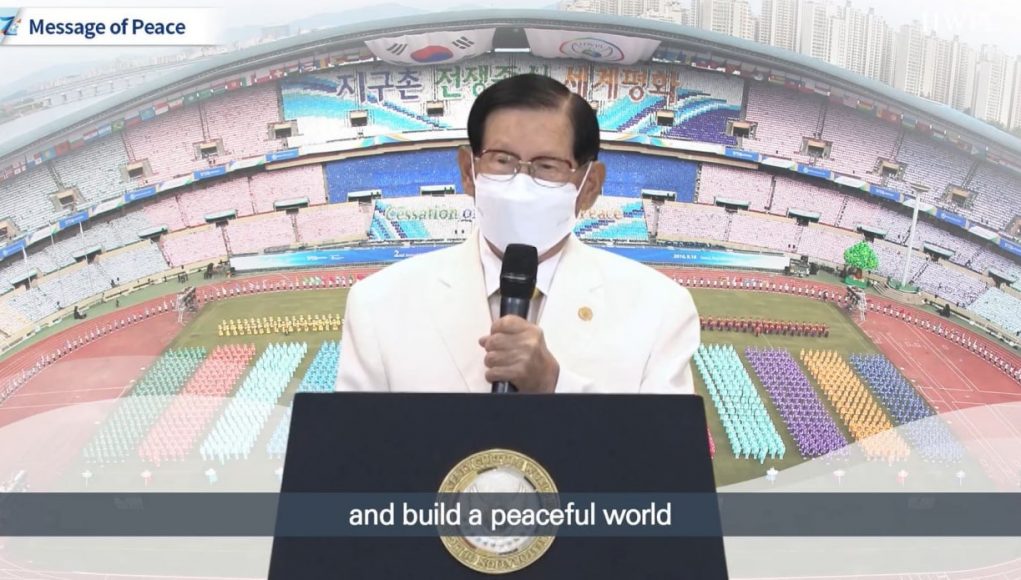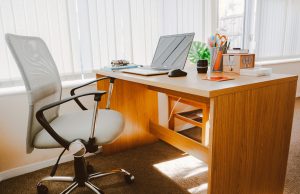World Peace Summit Calling for Concerted Action for Sustainable Peace in the “New Normal” Era
On September 18th, 2021, the 7th Anniversary of the September 18th HWPL World Peace Summit was held online. This year’s event focused on progress of international efforts and plans to promote the peace agenda in the ‘New Normal’ era, shifting from post-Covid to with-Covid.
The organiser of the event, Heavenly Culture, World Peace, Restoration of Light (HWPL), has conducted citizen-centred peacebuilding activities since 2014 to create a “culture of peace” advocated by the United Nations and international community and an environment of peaceful coexistence.
This event presented the concerted action for sustainable peace with case studies from various sectors such as international law, religion, education, and media. It also addressed cooperative international efforts to overcome the current COVID-19 crisis, which has threatened the coexistence and harmony of mankind.
HWPL’s peacebuilding efforts establish legal foundations and international norms for peace through connecting global actors, and are embodied by the Declaration of Peace and Cessation of War (DPCW), an international peace law now being taught to law students around the world.
“The DPCW Handbook enables us to systematically teach international law and the essence of peace to these students and others. It enables them to become lecturers in the following course,” said Dr. Mizanur Rahman, Chief Advisor of Asian Association of Law Professors (AALP) as well as Former Chair of National Human Rights Commission, Bangladesh (NHRC-BD). In his address, Dr. Rahman highlighted the need for more public discourse on peacebuilding by academia.
In addition to the basic principles of peace which nations should uphold, the DPCW presents principles for the present era, such as prohibiting the use of force, fostering religious freedom, and civic participation to spread a culture of peace. In particular, it states that efforts for peace come from all members of the global society by identifying not only nation-states but also international organisations and all citizens as the main actors of peace.
“We know that it will be hard to achieve peace if we are not all working for it. This is why we need to encourage children, the youth, and adults to prevent verbal abuse and work towards reducing inequalities and eradicating disparities to achieve a more equitable, stable, and peaceful world,” said Former President of Ecuador, Dr. Rosalia Arteaga Serrano.
Hon. Octavia Alfred, Minister of Education, Human Resource Planning, Vocational Training, and National Excellence of Dominica, said that through HWPL Peace Education, students learn the necessity of mutual coexistence and cooperation and pass it on to their friends, parents, and teachers. It also develops students’ psychosocial competency, such as respect for diversity, order, conflict resolution, and negotiation, which also makes it useful for teacher training.
HWPL’s mission and challenge to the international community was summarised in Man Hee Lee’s (HWPL Chairman) keynote speech: “Our objective is to end wars in the global village and establish peace and make it a permanent legacy for future generations. Without peace, everything that we managed to build would be destroyed. …We should not let this happen. So, to achieve peace, shouldn’t we achieve our objective with the same spirit?”















